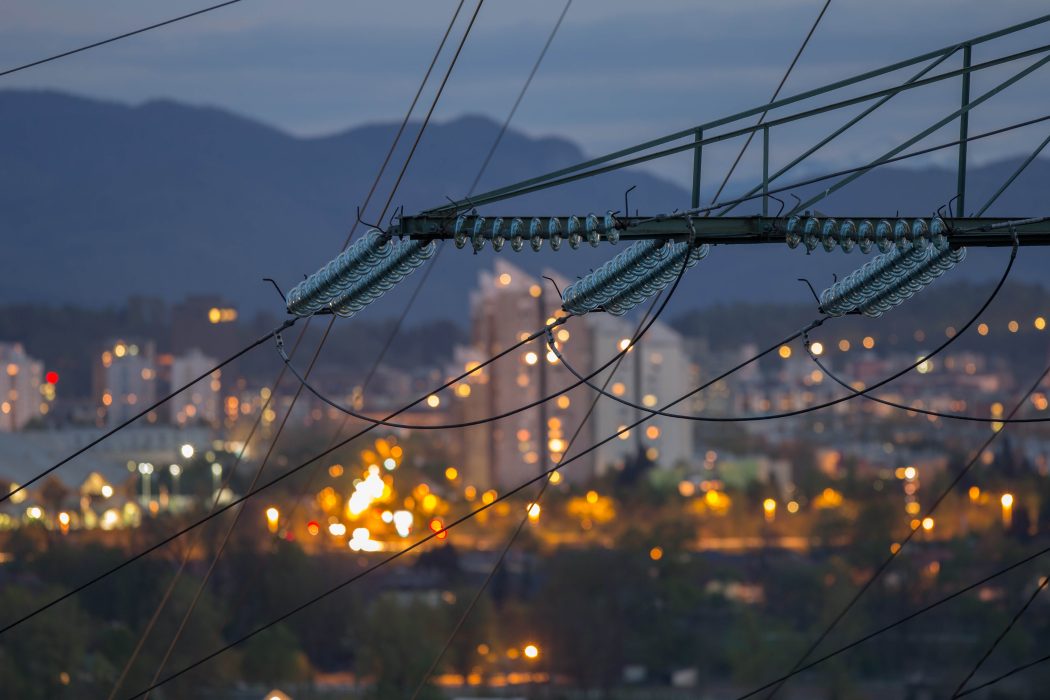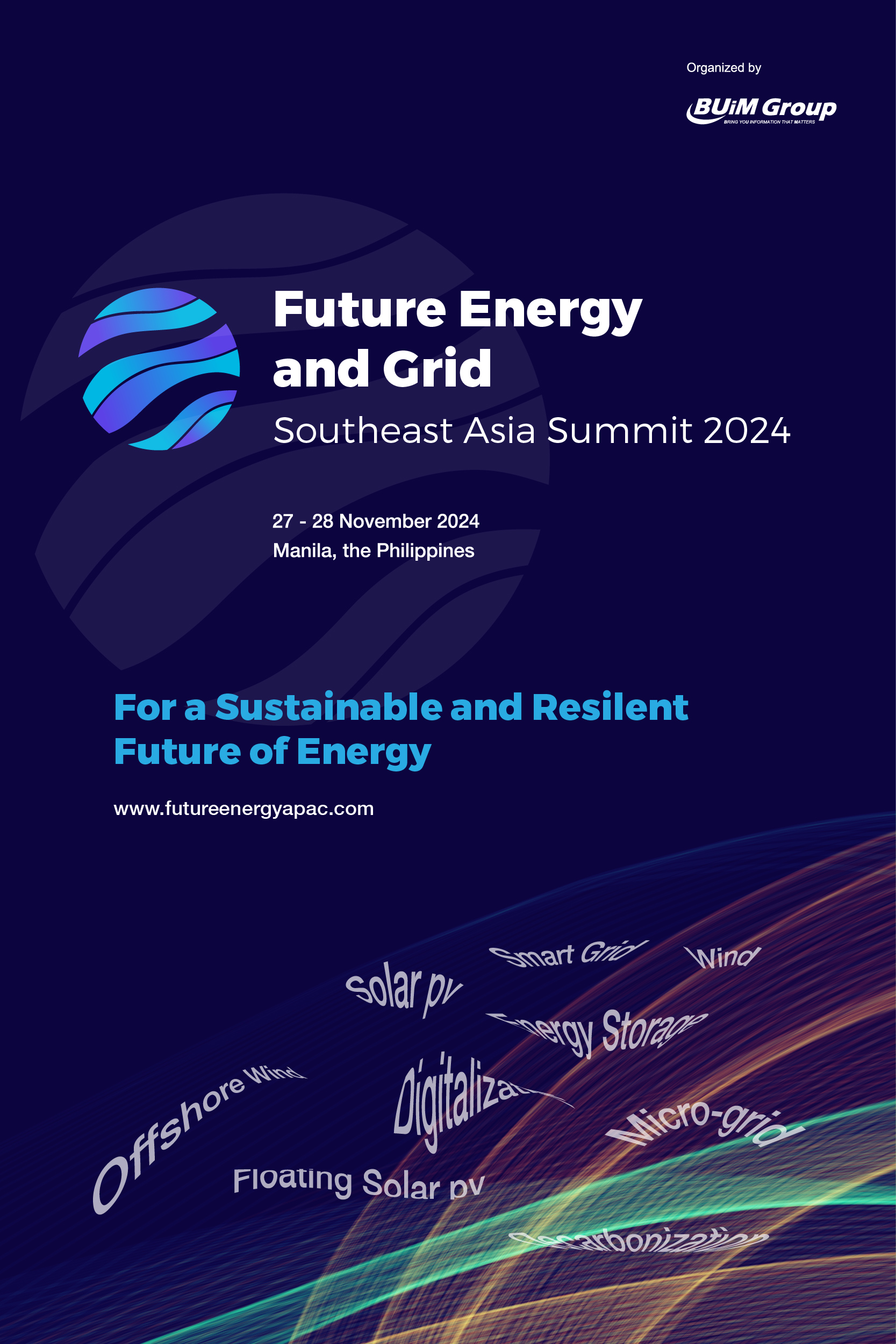In the wake of the recent power outages that crippled Panay Island at the start of the year, the need to ensure the country’s energy security once again comes to the fore and is prompting the power industry to take a hard look.
Manila Electric Co. (MERALCO) Chairman and CEO Manuel V. Pangilinan projected that the country’s power supply would be sufficient in 2024 but noted that it would still be thin, especially during the summer months when demand usually picks up.
Energy Secretary Raphael Lotilla previously said there would be adequate power supply this year despite the weather bureau’s forecast that El Niño will likely extend up to the second quarter of 2024.
However, he noted that even with sufficient power supply, the Department of Energy (DOE) is not putting aside the possibility of power interruptions, as hydropower plants are derated by 70% for the first half of 2024 and coal-fired power plants are not at their optimal levels during the dry season.
As a result, industry players are pushing for major initiatives to address lingering concerns in power stability and reliability. The National Grid Corporation of the Philippines (NGCP) insisted on more robust resource optimization planning “to ensure that solutions to power system concerns are approached from all angles, and the most efficient ones prioritized.”
At the same time, the DOE is calling on NGCP to ensure that protective systems are in place to arrest grid disturbance. It said NGCP needs to complete Ancillary Service needs, support renewable energy requirements, and manage variability.
AboitizPower President and CEO Emmanuel Rubio said that there should be sufficient transmission networks to support the influx of new generation capacity, specifically variable renewable energy. This ensures that when it comes online, it can immediately contribute much-needed supply to the grid.
Need for energy security
In the face of the country’s encouraging but still precarious power outlook, industry leaders have been talking about energy security and a just energy transition as key to addressing the situation.
Rubio said that tapping all available sources of power, regardless if it is traditional or renewable, is necessary to ensure a continuous supply of electricity and minimize the impact of headwinds that are expected to challenge the Philippine energy sector this year.
Among the challenges Rubio mentioned were global supply chain uncertainties, the risk of unavailable and insufficient transmission infrastructure, the anticipated effects of El Niño in the country, and electricity consumption projected to increase by 6.6 percent this year, which will require 600 to 700 megawatts (MW) of additional power.
While several power generating plants have been put up in the last several years and renewable energy projects are in the pipeline, there is yet a felt need to shore up the Philippines’ base load capacity that will ensure stable, reliable, and affordable power supply round-the-clock.
Rubio stressed the significance of conventional energy sources in ensuring a consistent electricity supply in both the short and long term vis-a-vis supporting the growth ambitions of the country. He said that thermal plants still have a crucial role in providing a reliable and stable source of electricity.
“Finishing long-overdue transmission projects will also be very welcome as it can free stranded capacity like that in Mindanao and help support thin margins elsewhere in the country,” Rubio added.
Just, equitable energy transition
On the need to address climate change, AboitizPower Thermal Business Group President and COO Celso C. Caballero III underscored the need for a pragmatic strategy that considers the context of developing nations like the Philippines.
“COP (Conference of the Parties) 27 calls for a curb on emissions by ‘phasing down’ coal and using low-emission fuels. This more pragmatic strategy from the original ‘phase out’ solution is increasingly cognizant of the needs of developing countries,” he said in his welcome remarks before the Philippine Coal Plant Users’ Group (PCPUG) technical conference last year.
The COP 28, held in Dubai late last year, echoed the “phase down” approach with an agreement that signals the “beginning of the end” of the fossil fuel era by laying the ground for a swift, just, and equitable transition.
In a recent address made before the Enlit Asia annual power generation conference in Kuala Lumpur, Caballero said AboitizPower advocates for an energy transition that takes into account the financial and industrial aspects of developing nations.
“It should be a transition that prioritizes justice and equity, both on global scale and within individual countries,” he said, adding that it must take into consideration the ability of developing countries to power and aid their socio-economic development. He noted that the Philippines, like most countries, is feeling the heat of the energy situation as power supply is disturbed and fuel prices remain volatile.
“We wrestle to find the right balance in the energy trilemma – energy security, equity and sustainability,” he said, while stressing the need to always go back to this three-point scale in mapping the role of coal in the energy transition.
Achieving a just and equitable energy transition is not only a moral imperative but also vital for the success and sustainability of global decarbonization efforts, he said. “It’s essential to ensure that no one is left behind in the pursuit of a cleaner, more sustainable energy future that benefits both current and future generations.”
Amidst challenges confronting the Philippines’ energy ecosystem, industry leaders are one in putting emphasis on energy security and ensuring reliable, accessible and affordable electricity for all. With a concerted effort among power stakeholders, energy poverty could quickly become a thing of the past.


